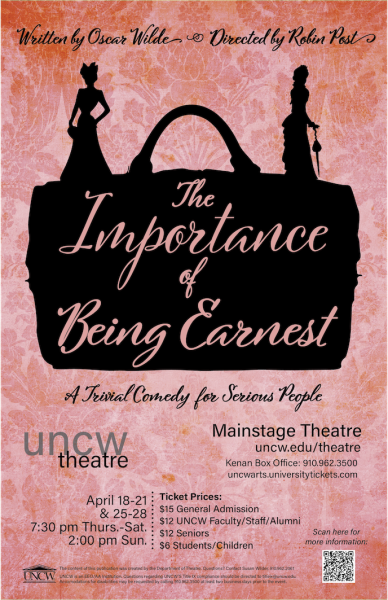Taylor Swift’s ‘Miss Americana’ reminds us of her humanity
Netflix’s new Taylor Swift documentary, “Miss Americana,” depicts a process of overcoming that has quickly become the default narrative in a growing field of pop-star documentaries. (Dia Dipasupil/Getty Images for MTV/TNS)
February 8, 2020
Taylor Swift released her documentary, “Miss Americana,” on Netflix on Jan. 31, 2020. The documentary chronicles Swift’s life from her beginnings as an artist to where she is now in her career. At just 30-years-old, Swift is one of the best-selling artists in the past decade and now. This also means that Swift started off in the music industry young. Swift’s early start to success from her first album at age 16 provided her the level of notoriety she has today. It really goes to show that no one comes out of nowhere; it takes working for years on their talent before it is recognized by the rest of the world.
Like with many young artists, Swift struggled with the scrutiny that comes with being famous. Much of Swift’s issues stem from her own insecurities combined with being in the spotlight at a young age. Many of these details will be well known to fans and the rest of the world, and, while this is true for a large portion of the content in the documentary, viewers are given a closer look into Swift’s personal struggles.
Swift reveals she had an obsession with being a “good girl” growing up and wanted everyone to like her. In her own words, she was “living for the approval of strangers.” She celebrated her success in measurement with how much people liked her. Of course, this also means criticism hit her pretty hard and took a toll on her self-esteem.
The most revealing and honest detail Swift reveals about her sense of self comes from her opening up about her past struggles with an eating disorder. She mentions that she used to starve herself when she heard comments about her weight in images in the media or felt that she was “too fat,” noting that it is something she has to avoid to not trigger herself.
Swift’s fragile sense of self first crashes on her during her win at the 2009 MTV Video Awards for her song “You Belong With Me.” When Kayne West interrupts Swift’s acceptance speech, Swift hears the audience booing and believes they were booing at her. This gives an insight many of us did not have when the incident initially occurred. She thought they believed that she did not deserve to win the award, and her insecurity led to what later became the infamous rivalry between Swift and West.
Swift’s downward spiral plummeted in 2016 when West released the music video to his new song, “Famous,” and Swift criticized West for calling her a “bitch” and saying that he made her famous. Kim Kardashian’s subsequent video recording of a phone call between Swift and West where Swift appears to give West permission broke out into controversy on the internet. Swift received much backlash, many of it coming from the trending Twitter hashtag #TaylorSwiftIsOverParty.
While many could imagine this would crush anyone’s self-esteem, Swift took it particularly hard. She believed that everyone hated her, her worst fear, so she disappeared from the public eye because she thought no one wanted to see her again.
Blessings often come in the most unexpected places, though, and a few years away from the press led to Swift recuperating and finding a new sense of self. Her comeback comes with the 2017 release of “Reputation” but shows up even more in 2019 when she released “Lover.” The latter album has a more lighthearted feel to it showing Swift has returned to her roots and is working to build her confidence in herself over others’ opinions.
Some of the content in the documentary does feel sanitized. This is especially true near the end of the film where Swift speaks about her political involvement and other information that was mostly known to the public before the documentary’s release. The insights we do get are fascinating but leave far more to be desired.
All that being said, Swift is entitled to her privacy like every other celebrity—and this is a sticking point of the documentary. “Miss Americana” reminds us that all the scrutiny of celebrities, especially young ones, has a detrimental effect. We often believe we have a personal viewing into celebrities’ lives, but the truth is we do not know more about these people than we know about anyone else. It is a stark reminder that celebrities are human. This is something we intrinsically know but often forget when we are watching them perform on screen.
Taylor Swift’s “Miss Americana” is now streaming on Netflix.






















